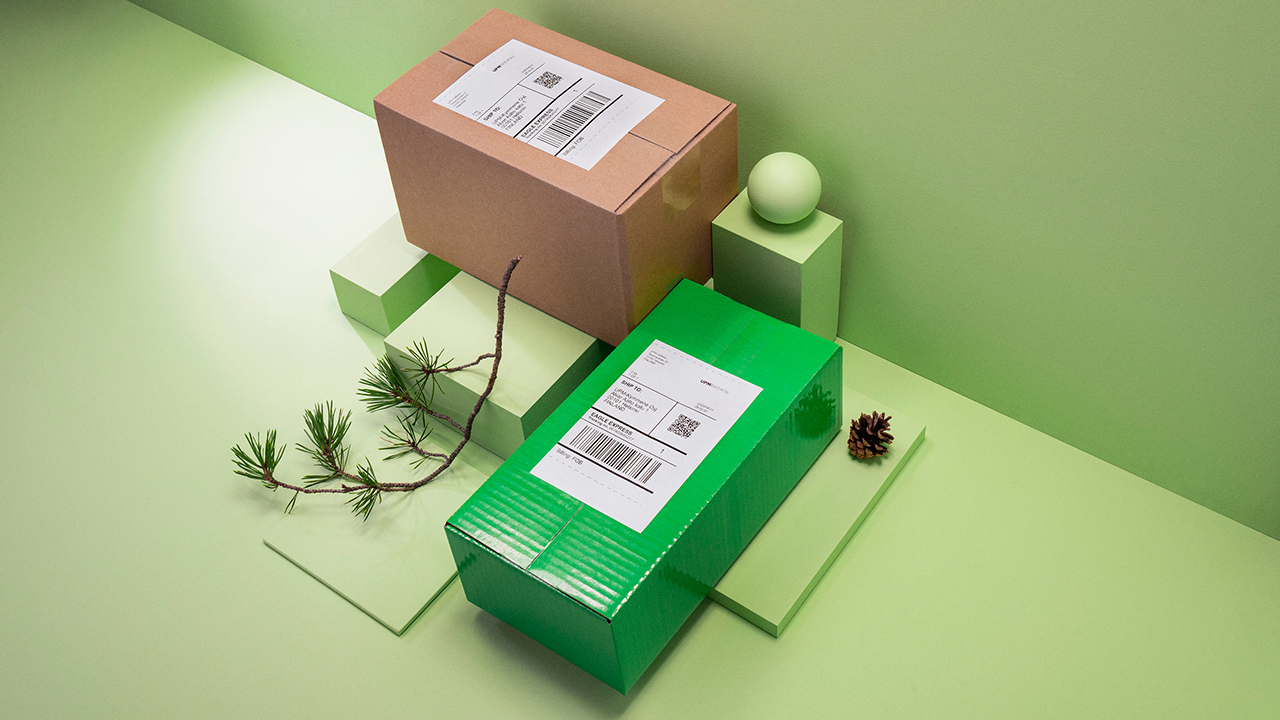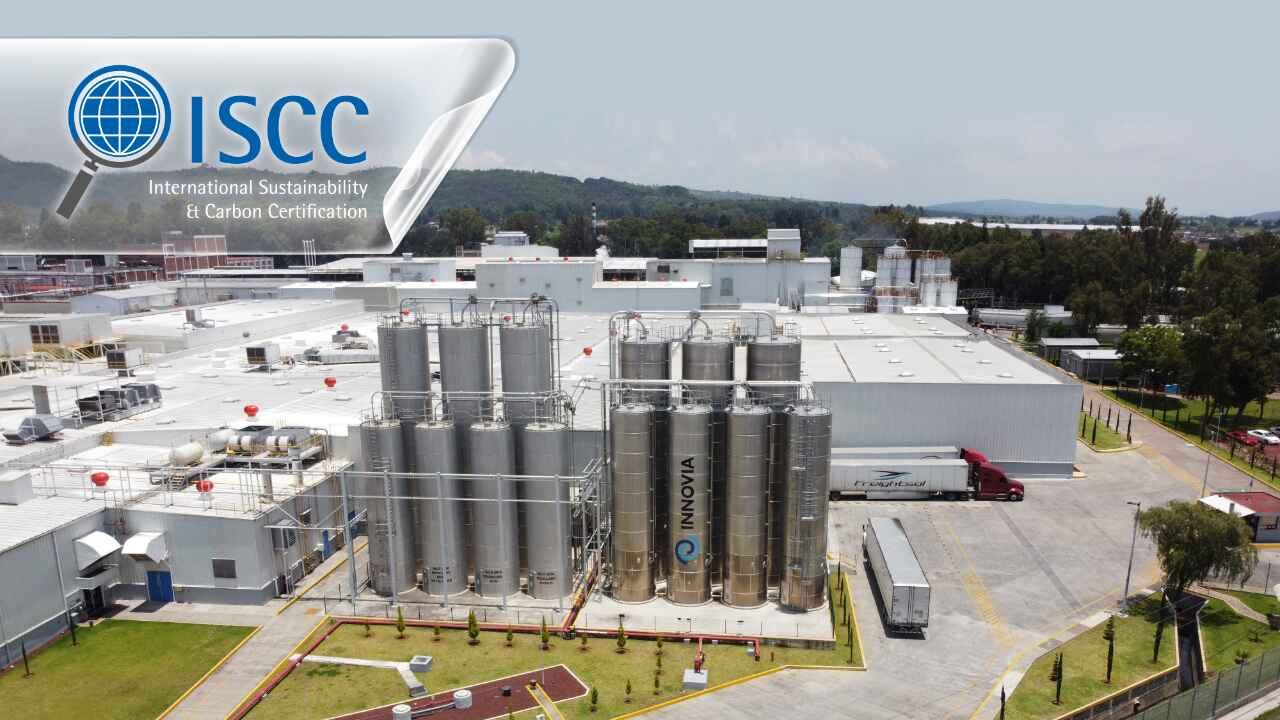UPM Raflatac highlights sustainability work in Climate Review
The review showcases how UPM Raflatac and its partners are driving climate action.

UPM Raflatac has published its 2024 Climate Review, highlighting the progress it has made as a global partner for sustainable materials. The review showcases how UPM Raflatac and its partners are driving climate action in three focus areas: forests and land, emission reductions, and products and services.
Reducing the use of fossil fuels is the most important way to mitigate climate change, and this remains a core focus for UPM Raflatac. In 2024, UPM Raflatac achieved a 55 percent reduction in its Scope 1 and 2 emission intensity compared to a 2015 baseline year. Notably, three of the company’s factories, located in China, Malaysia and Finland, implemented renewable or CO2-free electricity contracts which cover the vast majority of their power usage. This development enabled significant progress towards a 65 percent reduction target by 2030. UPM Raflatac also continued its efforts to reduce its Scope 3 emission intensity related to raw materials and transportation. To reach a 30 percent reduction by 2030 compared to a 2018 baseline, the company aims to focus further on value chain collaboration and product development.
In 2024, 100 percent of UPM Raflatac’s purchased paper materials were certified under a credible third-party forest certification scheme. This 2030 target was reached six years in advance by the end of 2023, a major achievement that demonstrates the company’s sustainability leadership and ambition. Beyond certified papers, UPM Raflatac strives to achieve its 2030 goal of 100% traceability of other biobased materials, with progress in 2024 reaching 81 percent. As the demand for renewable products grows, so too does the need to ensure the sustainable origin of biobased raw materials.
To help customers make more sustainable material choices, UPM Raflatac launched several new products and services. These include the Carbon Action plastic films portfolio, designed to support the packaging value chain in reducing carbon footprint and enhancing recyclability.
UPM Raflatac also integrated product footprints directly into customer quotes. The footprints, generated by the externally validated LCA service, UPM Label Life, provide actionable data-driven insights to support purchasing decisions for customers.
In addition, the UPM RafCycle recycling service received a certificate of validity from Dekra for its CO2 impact assessments. This achievement offers customers increased assurance for their contributions to label waste recycling.
'Our decisive efforts have enabled strong and measurable progress on our 2030 climate commitments. Moving forward, we will increasingly concentrate on delivery towards our customers, investing in our LCA and Scope 3 services and in reducing the carbon footprint of our products. By collaborating with our partners and keeping our ambition to meet our climate goals, we can reduce impact at scale,' said Robert Taylor, director, global sustainability at UPM Raflatac.
Stay up to date
Subscribe to the free Label News newsletter and receive the latest content every week. We'll never share your email address.

